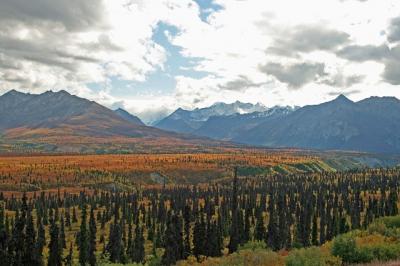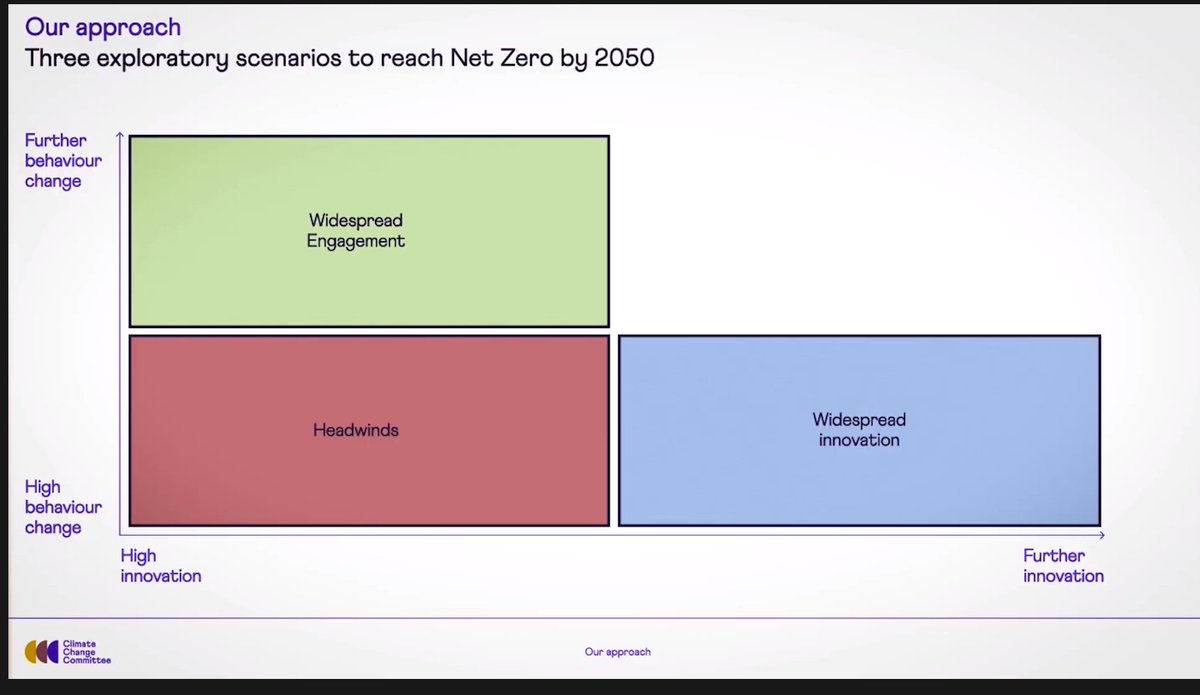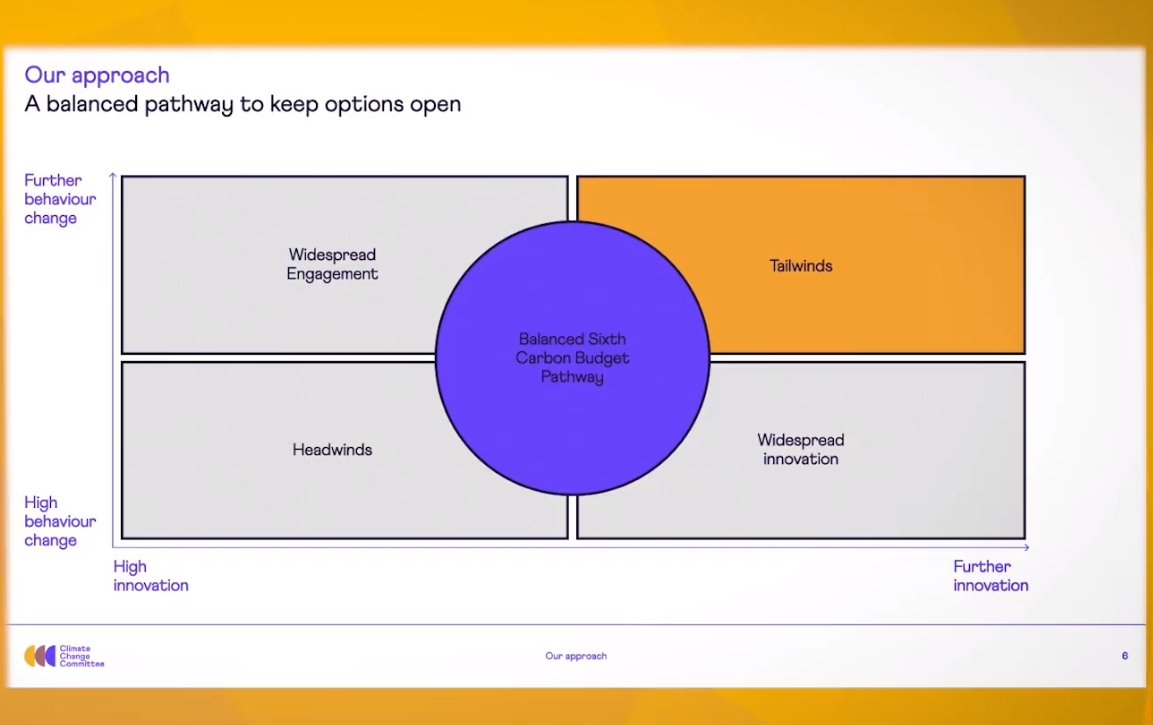https://t.co/zZNKrRnqoZ
Massive wildfires are already here.



It's not just heat, of course:
— Ben See (@ClimateBen) October 5, 2019
Logging, oil, gas & mining companies are destroying parts of Canada\u2019s intact, old-growth forests.
Over 1 million acres cleared each year, plowing roads through ancestral hunting grounds, jeopardizing animal migratory routes.https://t.co/qZO7RTdCeC
Just 15 mins until the launch event for our new advice to Government on the Sixth Carbon Budget. If you haven\u2019t registered, you can watch live on YouTube from 10am. Link: https://t.co/PjlcIDSYEC #UKCarbonBudget pic.twitter.com/1zOTfmxDVp
— Climate Change Committee (@theCCCuk) December 9, 2020


"I really want to break into comics"
— Ed Brisson (@edbrisson) December 4, 2018
make comics.
"If only someone would tell me how I can get an editor to notice me."
Make Comics.
"I guess it's impossible and I'll never break into the industry."
MAKE COMICS.